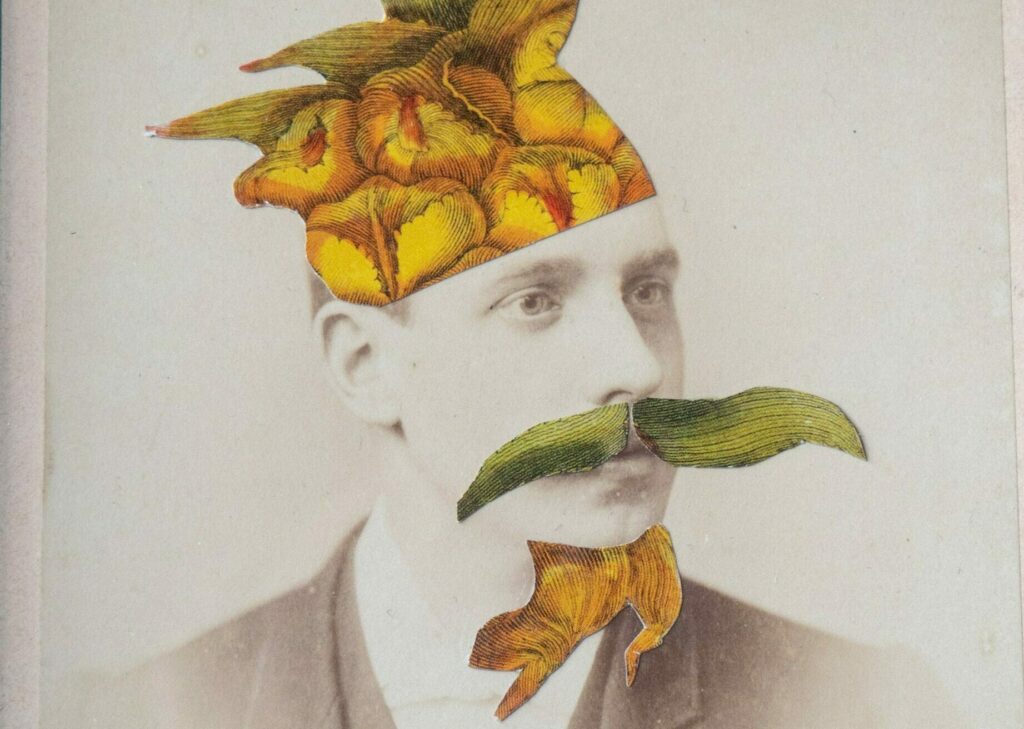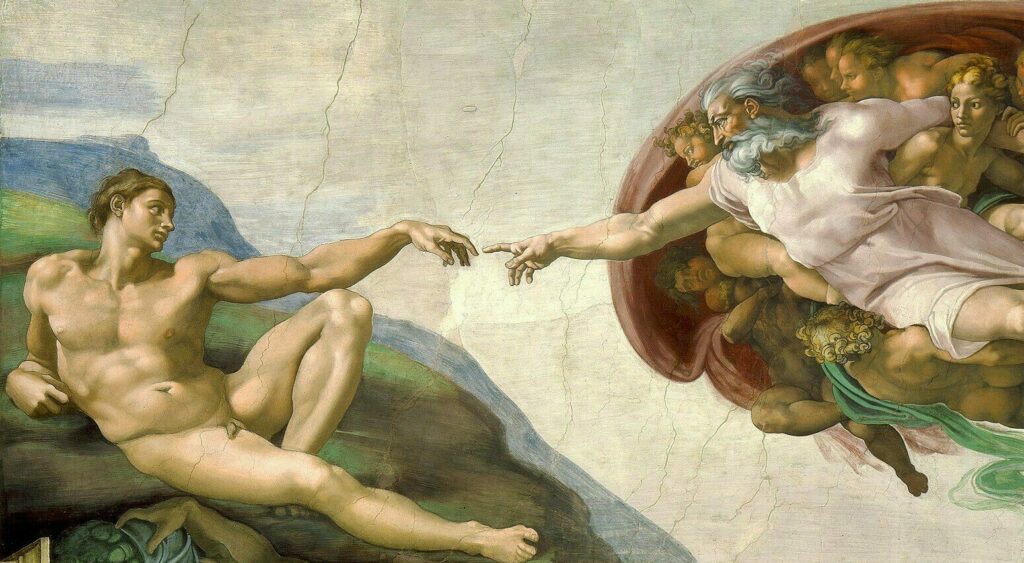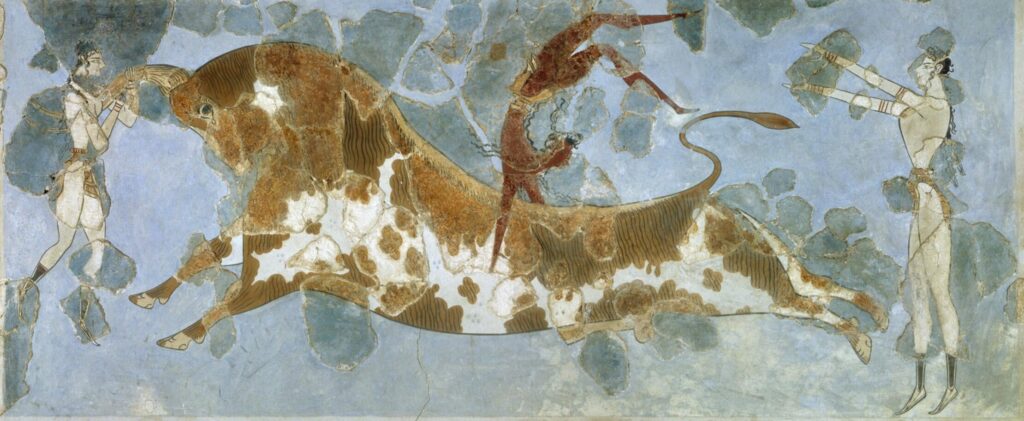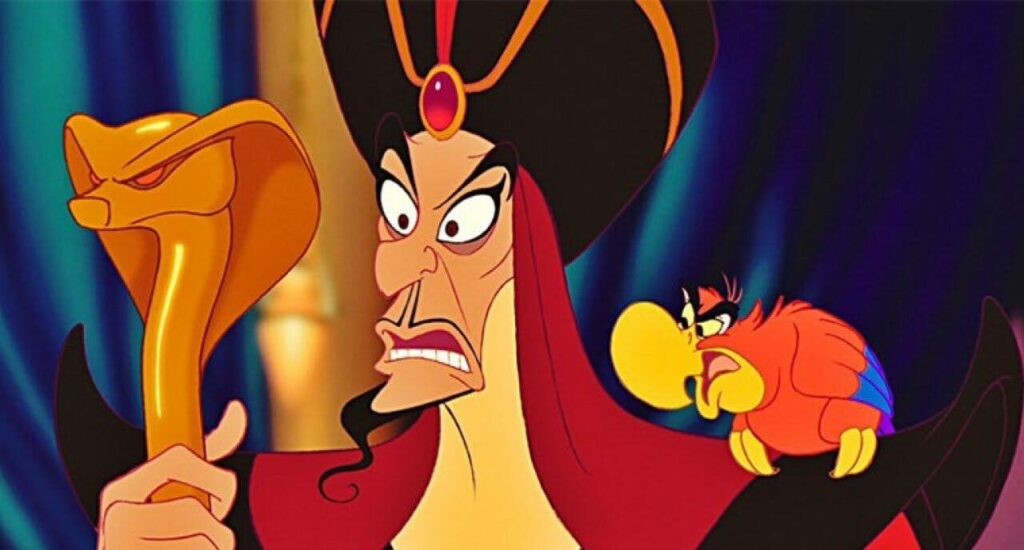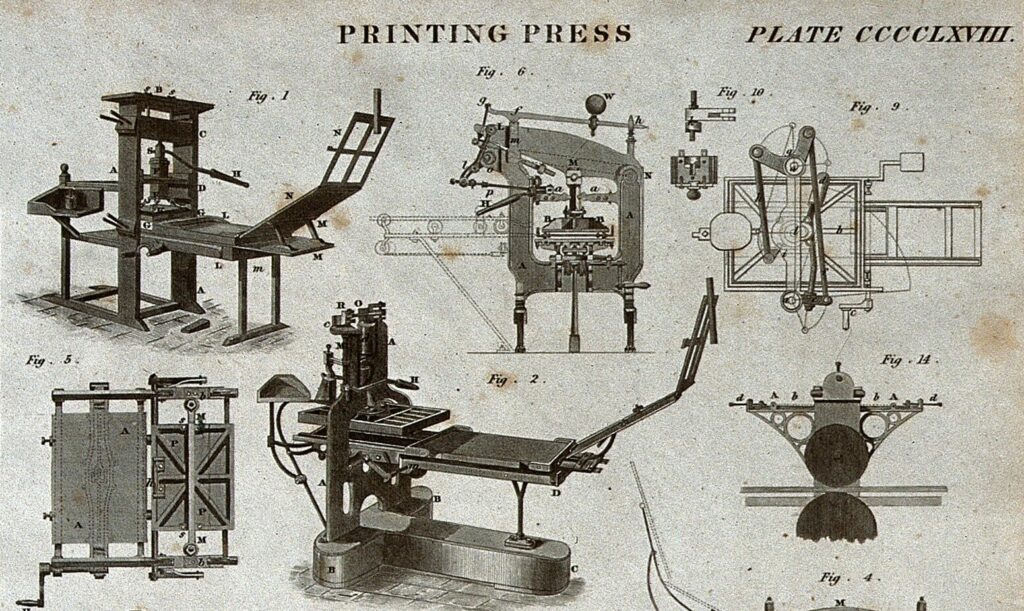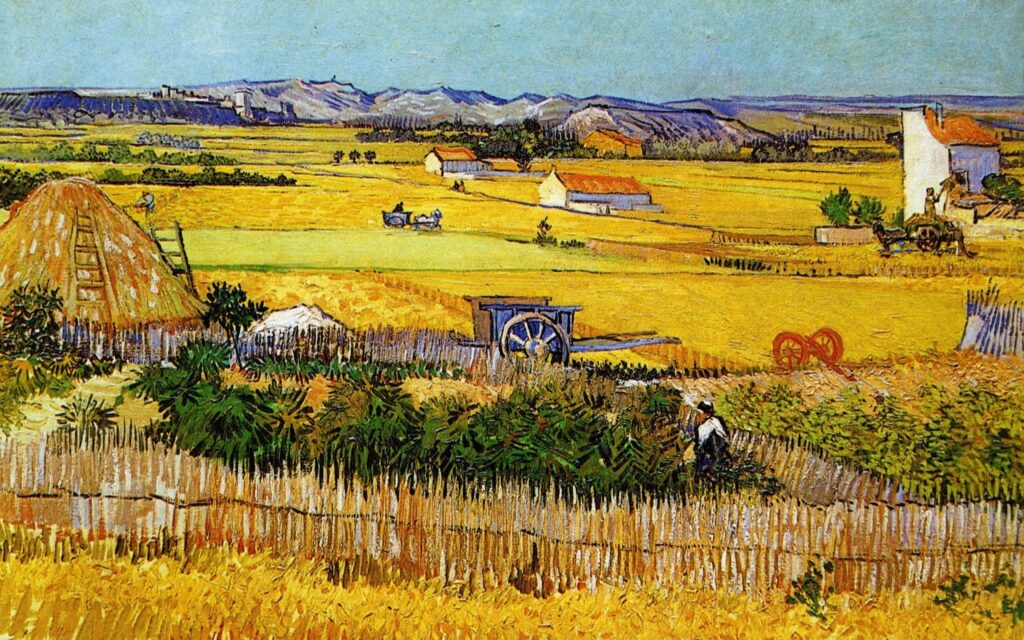Memoir
Pun Intended: A Look at Pun Examples in Literature
What do you call a sandwich made of wordplay? A pun-ini. The English language abounds with pun examples in literature. From Chaucer to Shakespeare, from the Romantics to contemporary poetry, writers have twisted language to explore new (and often hilarious) possibilities with words. We generally consider puns to have humorous intent. However, The pun in…
Read MoreHow to Start a Story: Examples and Inspiration
It happens to the best of us: you open a new word document, you’re faced with the many possibilities that a story can take, and then you realize you don’t know how to start a story. Or you do know, but you’re not sure how to start this story. Or you know exactly what this…
Read MoreStatic Characters vs. Dynamic Characters: Definitions and Examples
You can categorize the people that populate your stories as static and dynamic characters. These categories correspond to character development: if they’re a changed person by the end of the story, they’re a dynamic character; if they haven’t changed at all, they’re a static character. There are many other ways to categorize characters—flat and round,…
Read MoreWhat is a Narrative Poem? Definition and Examples
Writers who want to set their stories in verse may be interested in the narrative poem. One of the oldest literary art forms in the history of written language, narrative poetry puts plot to poesy, combining the art of storytelling with the techniques of poetry writing. So, what is a narrative poem? To answer that…
Read MoreWhat is an Antagonist? Definition & Examples
Because most stories involve conflict, most stories also involve an antagonist. Your protagonist—the main character—will struggle to achieve something important to them, and the antagonist will further complicate this struggle. Knowing who is the antagonist of your story, as well as what motivates them, will greatly improve your fiction, nonfiction, and storytelling. Even if your…
Read More5 Tips on Self-Publishing Your Book
For book writers, the publishing process is often a fearful mystery. Self-publishing a book can intensify this mystery, because it can seem like you’re all on your own, with no clear place to start. Although I’ve managed Writers.com since 2019, it wasn’t until this past year that I learned the self-publishing process myself, while helping…
Read MoreWriting for Mindfulness: The Foundations of Mindful Writing
Being present, focusing on images, appreciating goodness: these are the foundations of mindful writing. Writing for mindfulness is a skill that any writer can develop, helping you to sharpen your language and keep it succinct. What are the foundations of mindful writing? Let’s explore what writing for mindfulness means in depth. What “Mindful Writing” Means…
Read MoreLiterary Agents: What They Do and How to Find One
What does a literary agent do? And where do you go about finding a literary agent? When you’re ready to submit a manuscript for publication, you might solicit top literary agents to represent your work. But, like most things in the writing business, actually getting a literary agent—especially a good one—proves much more difficult than…
Read MoreInterview: Barbara Henning Discusses “Prompt Book” and Finding the Inspiration to Write
If you’re a writer looking for prompts, inspiration, or lessons on literary movements, then writers.com instructor Barbara Henning‘s new book Prompt Book (Spuyten Duyvil Publishing, 2021) is your solution. Naturally, we were curious about how an author goes about collecting and publishing a book of prompts. Below is our full interview with Barbara on Prompt Book…
Read MoreProse vs. Poetry: Their Differences, Overlaps, and Writing Each
The difference between prose and poetry seems easy to explain: one has blocks of text and fully-fleshed characters, the other has line breaks and pretty words. That’s it, right? Despite their visual quirks, prose and poetry share many similarities: prose can be musical, poetry can have plots and characters, and both are millennia-old traditions. As…
Read More
